If you think going through customs is the same everywhere, think again. Some countries treat border security like a science—and they’re not messing around. Whether it’s what you pack, how much cash you carry, or the clothes on your back, certain places expect travelers to know the rules or deal with serious consequences.
The most surprising part? Many of these rules catch even experienced travelers off guard. Here’s a list of 18 countries where customs inspections are taken to a whole new level—and where forgetting a detail could mean delays, fines, or worse.
Australia
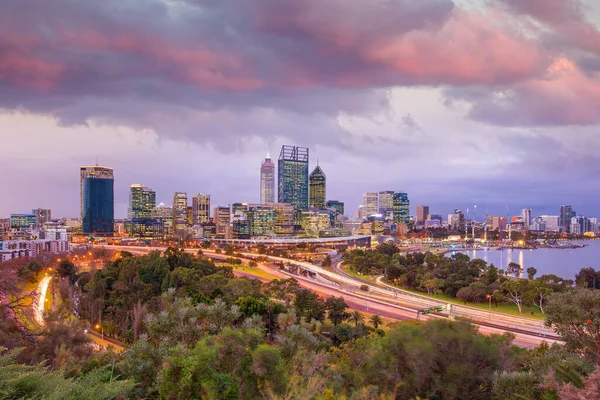
Australia has some of the world’s toughest biosecurity laws, and they enforce them with real precision. Anything that could potentially carry pests—like soil, seeds, or even wooden souvenirs—has to be declared or left behind.
Food items are a huge red flag, even if they’re sealed or look harmless, because agricultural contamination is a serious concern. Border agents inspect luggage carefully and aren’t shy about issuing on-the-spot fines for undeclared goods.
It’s not uncommon for travelers to get pulled aside over something as small as a granola bar.
Japan
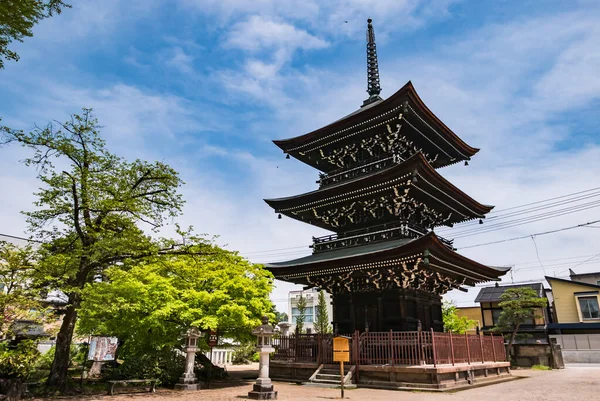
Japan is known for being orderly and efficient, and that mindset extends to its customs checks. Bringing in certain over-the-counter medications, like nasal sprays or common allergy pills, can actually be illegal.
The country bans substances that contain ingredients like pseudoephedrine—even if they’re sold freely elsewhere. Customs officers also screen travelers for large amounts of cash, especially if you’re carrying more than $10,000.
If you show up with undeclared items, don’t expect a simple slap on the wrist.
Like Travel Pug’s content? Follow us on MSN.
United Arab Emirates
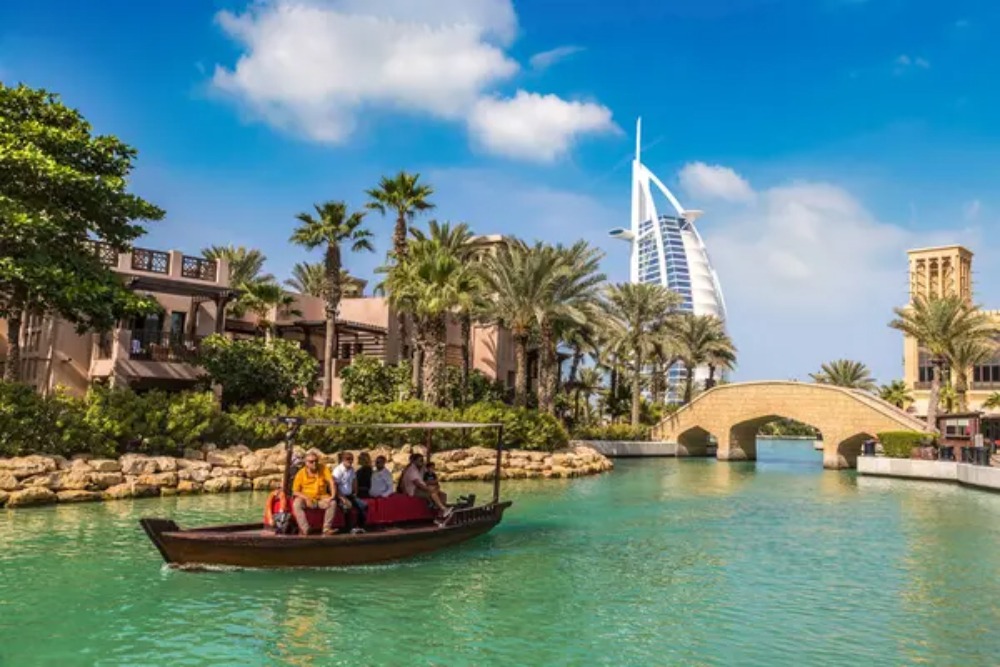
The UAE has incredibly strict customs rules, and they’re enforced with zero tolerance. Items that are considered normal elsewhere—like poppy seeds or certain painkillers—are completely banned here.
Even a trace amount of an illegal substance can lead to jail time, regardless of intent. Luggage is scanned thoroughly, and anything suspicious gets flagged immediately. Travelers have been detained for less than a gram of residue left in a bag’s side pocket.
Singapore
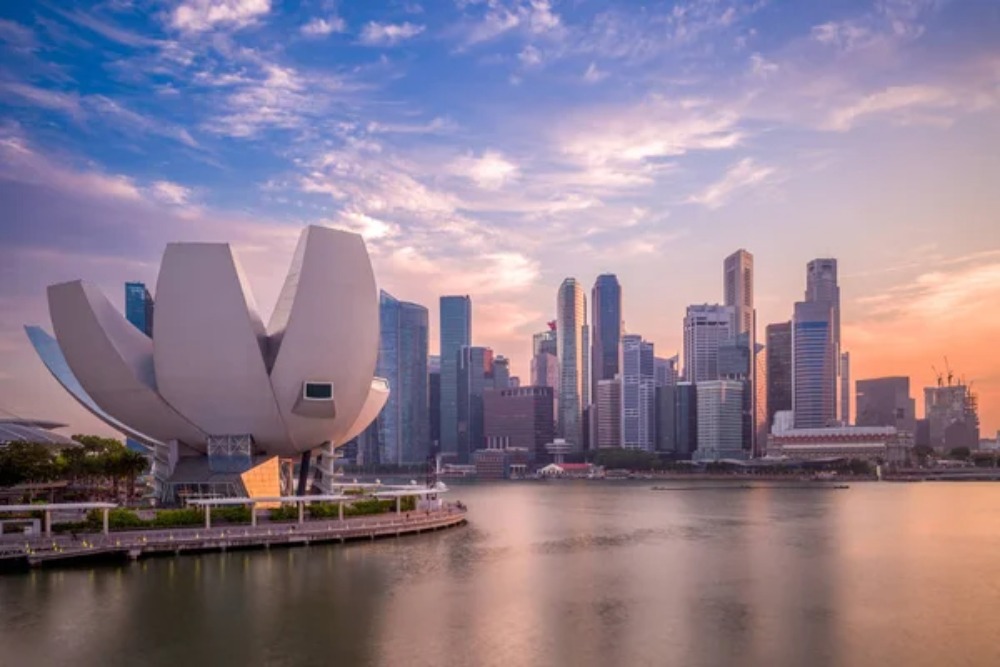
Singapore doesn’t play around when it comes to order and cleanliness—and that includes what you bring into the country. Chewing gum, for example, is technically banned unless it’s for medical use and prescribed by a doctor.
Drug laws are also some of the harshest in the world, with capital punishment possible for trafficking offenses. Customs officers inspect thoroughly, and random baggage checks are common, especially for first-time visitors.
Even undeclared tobacco or alcohol can trigger steep fines.
New Zealand
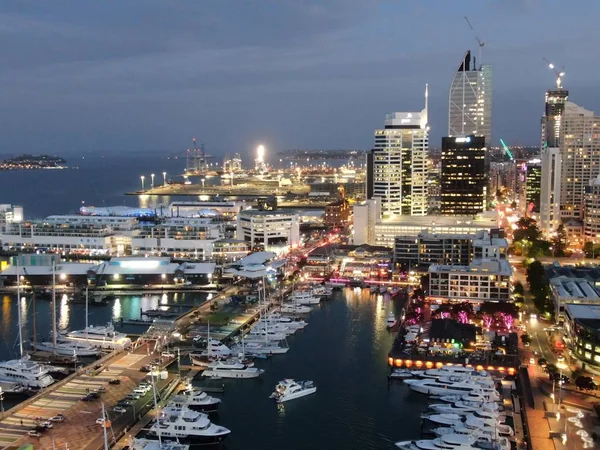
Much like its Aussie neighbor, New Zealand is fiercely protective of its natural ecosystem. Any food, plant material, or animal products must be declared, no matter how insignificant they seem.
Biosecurity dogs and X-ray scanners are used regularly to spot hidden items. Penalties are severe—even accidental violations can cost hundreds of dollars. They take the “declare or dump” rule seriously, and honesty at customs is your best bet.
Like Travel Pug’s content? Follow us on MSN.
Saudi Arabia
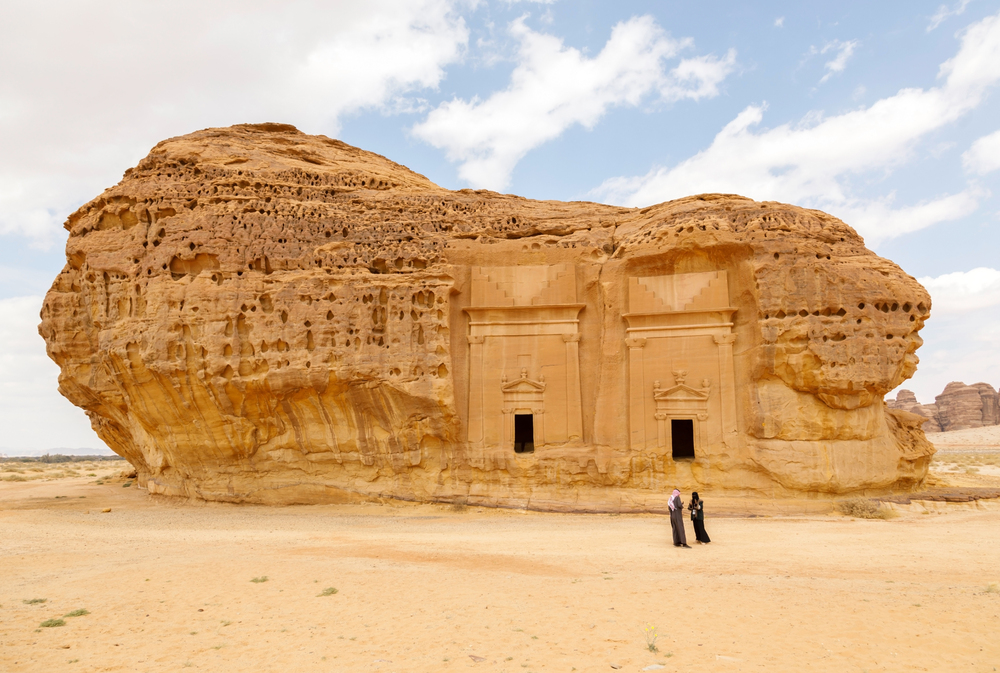
Saudi Arabia enforces its customs laws with a strict moral and religious lens. Items that might seem benign elsewhere—such as certain magazines or religious texts—can be confiscated or banned outright.
Pork products, alcohol, and even symbols of other faiths can raise red flags. The kingdom also monitors for any content considered offensive to Islamic values. Failing to follow the rules can result in detention or immediate deportation.
China
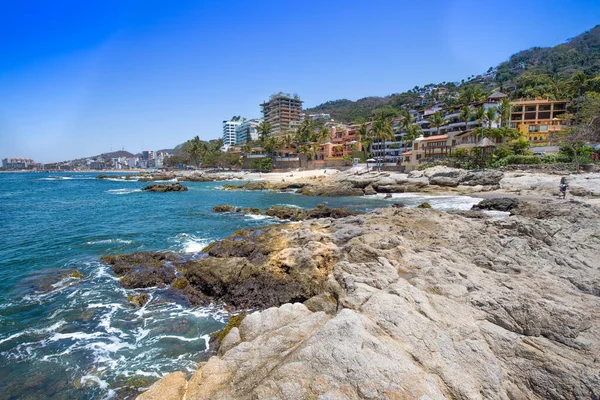
China’s customs process focuses heavily on electronics, currency, and politically sensitive materials. If you’re carrying a laptop, expect agents to possibly scan its contents during inspection.
There’s a limit on foreign literature, especially anything that touches on banned topics like certain religious groups or historical events. Travelers must also declare any cash over $5,000 or risk seizure.
They take censorship and control seriously, and that includes what enters the country in your luggage.
Norway

Norway’s customs restrictions are tight when it comes to alcohol, tobacco, and food. Visitors are limited in how much they can bring—even a few extra bottles of wine or snacks can lead to fines.
Border control isn’t always visible, but random checks are frequent and very thorough. Bringing in raw meat, dairy, or plants from outside the EU is often prohibited. If you’re not sure about something, it’s better to declare it than risk a penalty.
Like Travel Pug’s content? Follow us on MSN.
United States
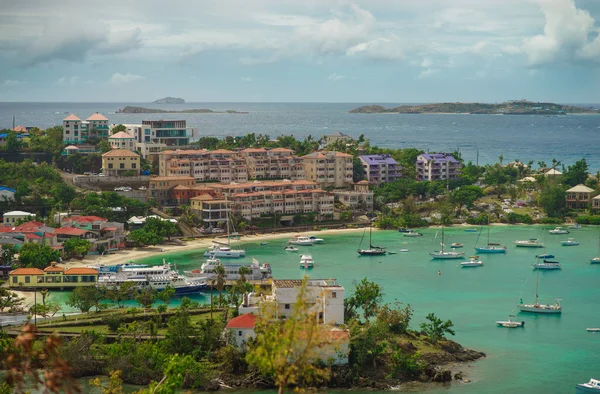
The U.S. screens all incoming travelers for a wide range of restricted items, especially agricultural goods. Fruits, vegetables, meats, and even soil on your shoes can trigger alarms at customs.
Drug-sniffing dogs are used widely, and undeclared items can lead to long detentions or civil penalties. There’s also a strong focus on cash declarations—amounts over $10,000 must be reported or risk being confiscated.
If you’re bringing gifts or goods for resale, be sure they fall within the duty-free limits.
India
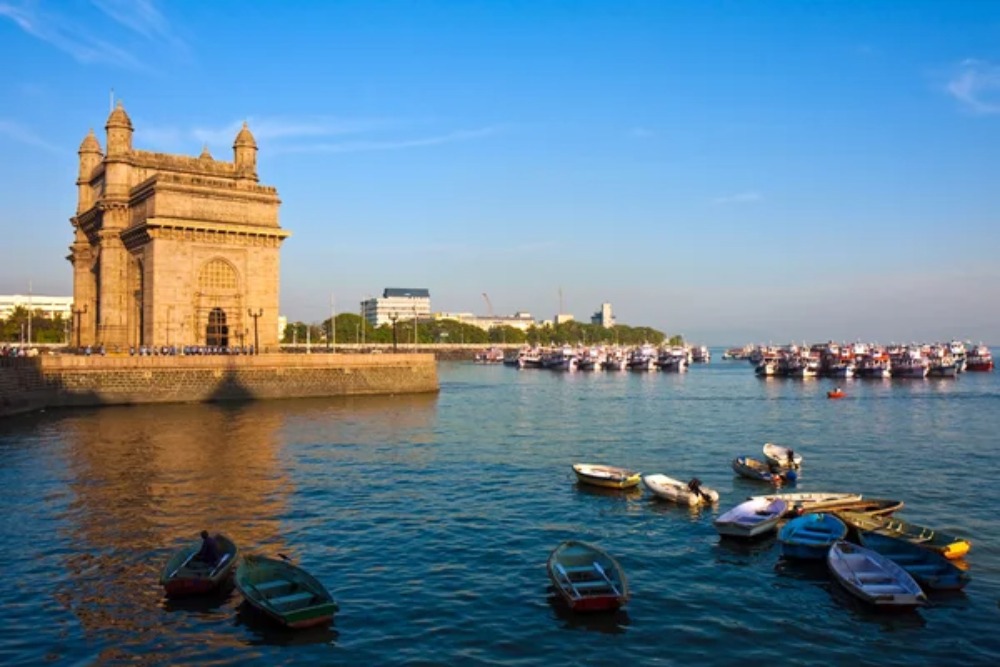
India’s customs laws target high-value electronics, gold, and large amounts of foreign currency. Visitors carrying multiple phones, laptops, or expensive jewelry are often pulled aside for questioning.
You’ll also need to declare any cash over $5,000 in foreign currency or $10,000 in total combined value. The country’s gold import restrictions are especially strict, and violations come with steep duties or possible seizure.
Customs agents don’t always explain the rules in detail, so it’s important to check before flying in.
South Korea
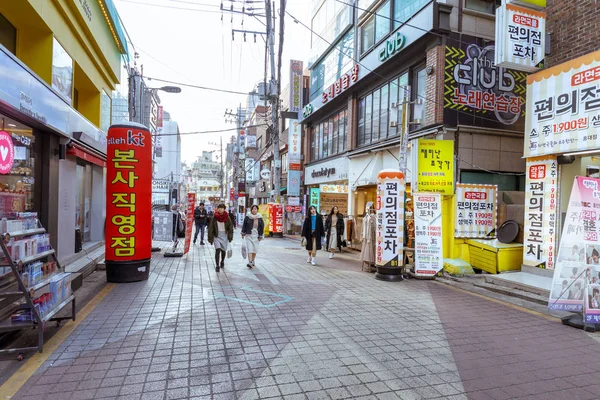
South Korea takes intellectual property violations seriously, so knockoff goods—even for personal use—can be seized. Travelers are also subject to strict import limits on food, alcohol, and tobacco.
Customs agents are known to inspect carefully, especially if your declarations seem inconsistent. Bringing in large quantities of cosmetics or supplements can raise questions, even if they’re meant as gifts.
Anything involving health or trade is likely to get a second look.
Like Travel Pug’s content? Follow us on MSN.
Russia

Russia has a long list of items that must be declared on arrival, including electronics, medication, and cash. Medications with narcotic ingredients—even those available by prescription—must be accompanied by a doctor’s note and official documentation.
The customs process is slow and heavily bureaucratic, which means your bags could be inspected more than once. There are also bans on certain books, films, and religious content.
Trying to sneak anything past border officers can easily result in fines or worse.
Brazil
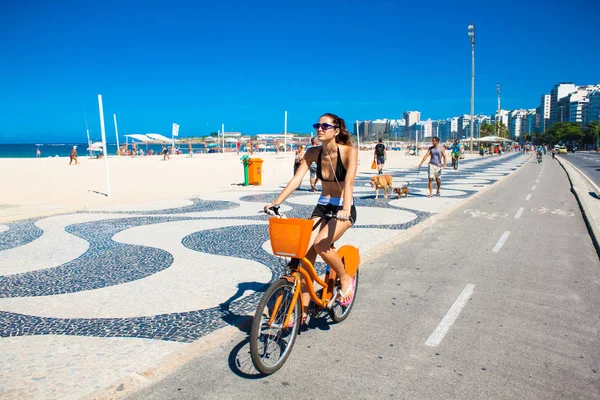
Brazil checks for more than just food and electronics—they’re also strict about cultural artifacts and undeclared cash. Bringing in items that appear to be indigenous crafts or rare stones can raise serious issues, even if they were purchased legally.
There are tight restrictions on animal products and even natural cosmetics. If you’re flying into major airports like São Paulo or Rio, expect randomized luggage scans. Being upfront with customs declarations is strongly encouraged to avoid legal trouble.
Switzerland

Switzerland is known for its precision, and that extends to customs inspections. There are detailed rules about how much alcohol, tobacco, and even meat a traveler can bring in. Items above the allowance are taxed heavily, and failure to declare can lead to confiscation or penalties.
Importing plant-based products like herbal teas or seeds also requires caution. Despite the country’s calm image, customs officials apply the rules by the book.
Like Travel Pug’s content? Follow us on MSN.
Indonesia
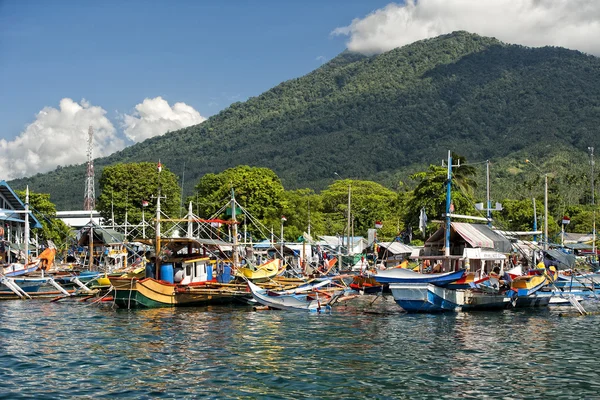
Indonesia enforces some of the world’s strictest drug laws, with penalties that can include life imprisonment or capital punishment. Even carrying small amounts of illegal substances—even unintentionally—can lead to immediate arrest. Customs officials use scanners and dogs to detect anything suspicious.
The country also regulates electronics, religious items, and pornographic material, which includes books or digital files. Travelers are expected to take the rules seriously, regardless of their country of origin.
Israel
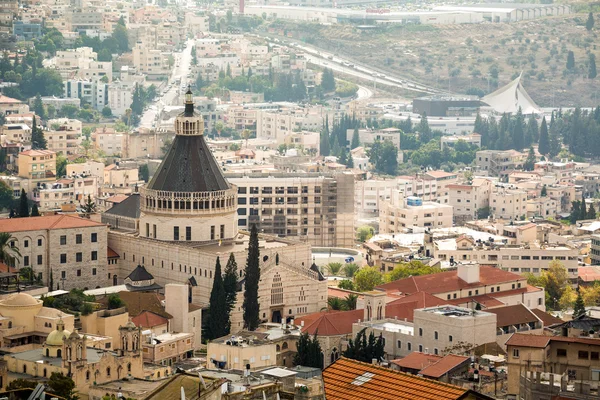
Israel has one of the most security-conscious customs systems in the world. Agents may ask detailed questions about your itinerary, background, or political views—especially if your passport shows travel to certain countries.
There are also restrictions on drones, camera equipment, and religious items. Random checks are common, and the process can take longer than in other countries. Still, cooperation and honesty tend to speed things up.
Egypt

Egypt’s customs inspections focus on cultural heritage items, electronics, and personal valuables. Trying to leave the country with ancient coins, stones, stones, or even replicas of artifacts can lead to serious charges. Travelers are also required to declare camera equipment, drones, and cash beyond the allowed limit.
Customs procedures at major airports can feel disorganized, but enforcement is still strict. Bringing in items viewed as politically sensitive can create unnecessary complications.
Like Travel Pug’s content? Follow us on MSN.
Kenya
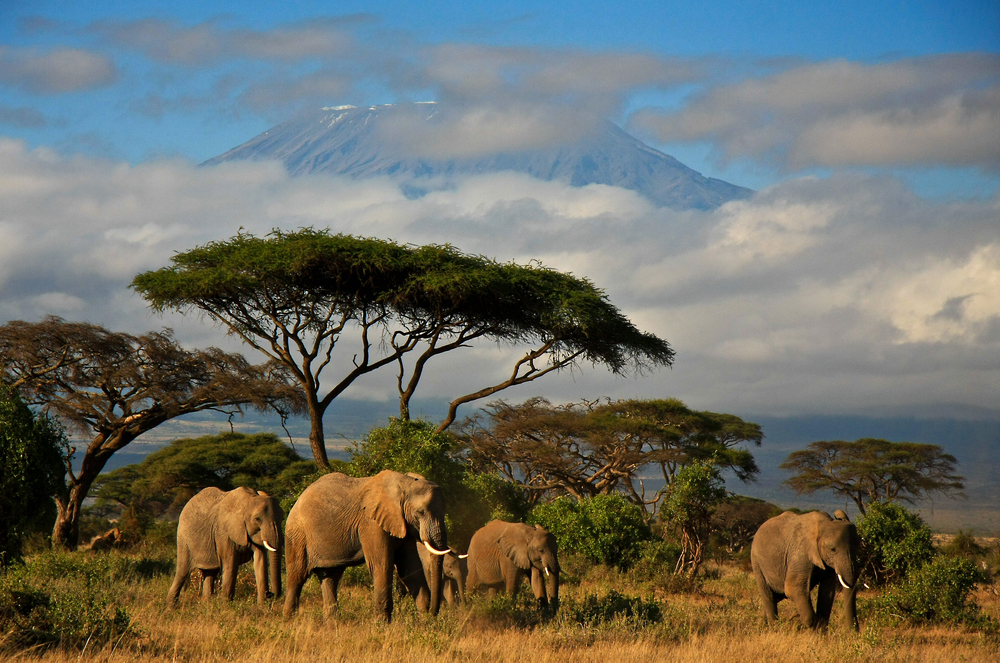
Kenya’s customs officers look closely at food, electronics, and undeclared goods. There’s particular scrutiny around wildlife products—even legal souvenirs made from bone, feathers, or shells can be confiscated.
Currency rules are firm, and travelers must declare amounts over $10,000. The country also prohibits items seen as offensive or harmful to public morals. Failing to declare items could delay your entry or result in fines.
When in Doubt, Declare It
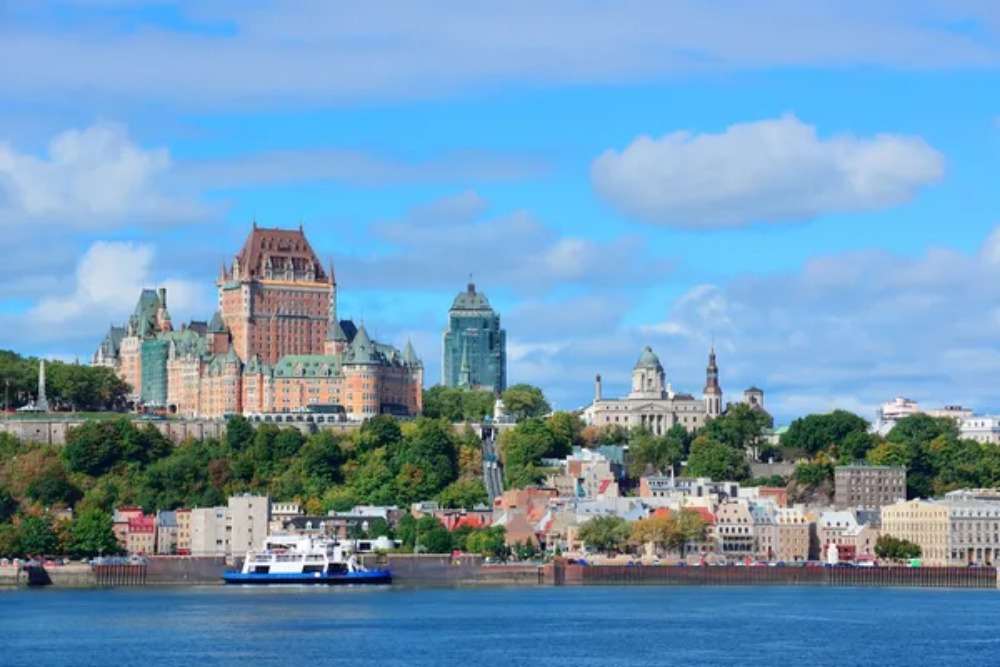
Traveling internationally means more than just hopping on a plane—it means respecting the rules of the places you’re entering. Some countries go to great lengths to protect their culture, environment, or public health, and their customs rules reflect that.
Whether it’s a snack in your backpack or a bottle of perfume, even small things can become big problems if not declared. Taking the time to check customs guidelines before you fly can save you hours of stress and potential fines. In the end, playing it safe at the border is always worth it.
More from Travel Pug

- 20 Best Beach Towns in the Carolinas
- 13 Destinations Where Tourists Regularly Regret Their Trip
- 20 Things You Actually Get in First Class
- 20 Small Airports With Aviation Museums
- 20 Places in the U.S. That Are Perfect for a Reset Trip
Like Travel Pug’s content? Follow us on MSN.
